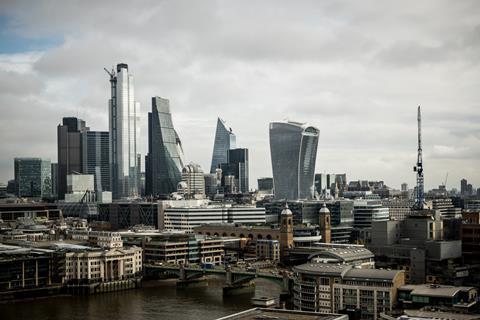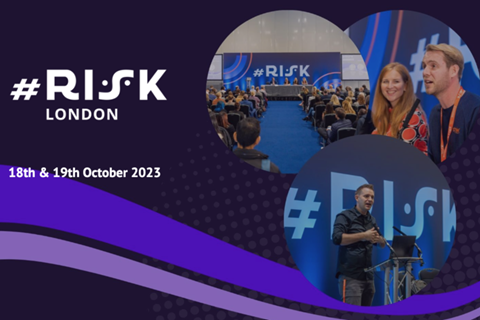Nearly 75% of over 500 corporate chiefs interviewed said that their organisations had been forced to cut back on their sustainability programmes, the Chartered Institute of Procurement and Supply (CIPS) said. Organisational risk is going up as a result.

Businesses in Britain are finding it hard to meet targets on sustainability owing to hikes in energy costs, expenditure attached to overseas trade barriers and the ongoing fallout of the global health crisis, a recent study shows.
Nearly 75% of over 500 corporate chiefs interviewed said that their organisations had been forced to cut back on their sustainability programmes, the Chartered Institute of Procurement and Supply (CIPS) said. Organisational risk is going up as a result.
Climbing energy prices and other spiralling bills are among the primary reasons for the de-prioritisation of sustainability endeavours – that applies to 61% of those polled by the study. Meanwhile, almost half of those questioned (42%) pointed the finger at Covid-19’s impact. And 40% said that their eco-goals were being undermined by fees connected to trade barriers stemming from US-China relations and Brexit.
Chief Operating Officer at CIPS, David Taylor said:
“The unprecedented disruption in recent years has led many businesses to focus on just keeping the lights on, which represents procurement and supply management professionals globally.”
The survey at the heart of the findings took place in early April 2023. It looked at the views of executives from large corporates employing hundreds of workers.
As environmental awareness grows, consumers and investors alike are gravitating more towards organisations that can demonstrate their efforts to meet evolving environmental, social and governance (ESG) standards. Reduced waste in supply chains and lower carbon footprints are just two of the issues that are a concern for all stakeholders.
According to CIPS, just 12% of leaders put out incentives for their suppliers to meet goals on sustainability. This is despite 85% of those involved in the study stating their fear that they’ll fall short of their ESG targets without more being done on the part of suppliers.
The news comes as the UK moves to strengthen its environmental stance, with the British government making clear its intention to set the standards for the world to follow. Westminster is now pushing for the UK to become a global leader as a net-zero aligned financial hub.
In 2022, Britain put a hold on categorisations for helping businesses in their eco-investments, pointing to the complexity of the undertaking and how it is enmeshed with numerous areas of the economy.
These taxonomies establish the guidelines for calling a pursuit “sustainable” and help define what is and what is not a green investment. These efforts are needed to tackle “greenwashing”, whereby entities exaggerate their efforts and achievements where sustainability is concerned.
A sustainable future
As environmental concerns fall into focus across public, private and third sectors, it has never been more important for businesses to build sustainability into operations, structures and cultures.

These issues will take central stage in the #RISK Sustainability zone in association with Pinwheel, part of the ESG Theatre at #RISK London. #RISK Sustainability zone attendees can follow curated content on topics governingcorporate sustainability and eco-agendas.

Taking place October 18 and 19, #RISK London brings high-profile subject-matter experts together for a series of keynotes, engaging panel debates and presentations dedicated to breaking down the challenges and opportunities that businesses face in times of unprecedented change.
“#RISK is such an important event as it looks at the broad perspective or risk. Risks are now more interconnected and the risk environment is bigger than ever before.”
Michael Rasmussen, GRC Analyst & Pundit, GRC 20/20 Research
























No comments yet